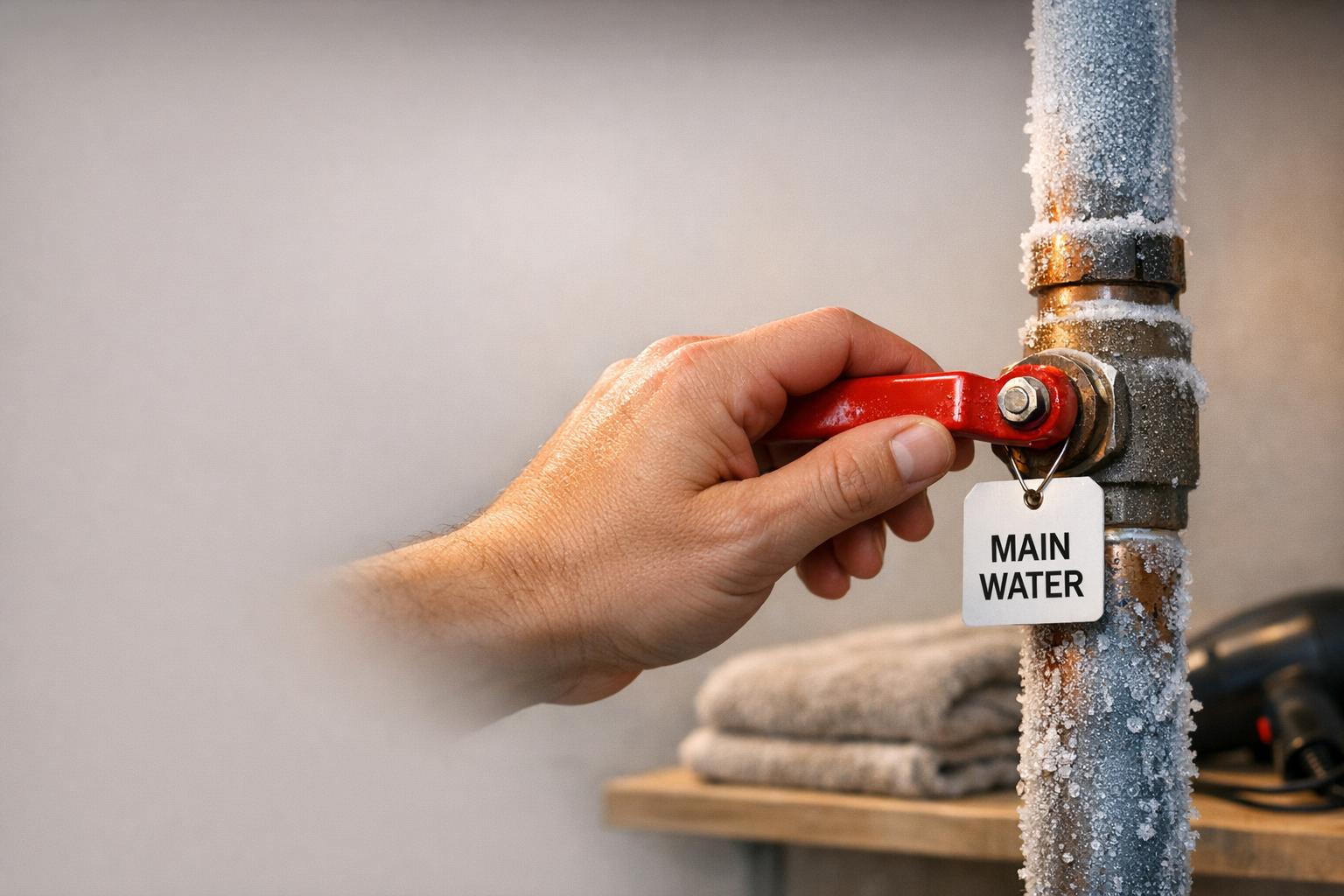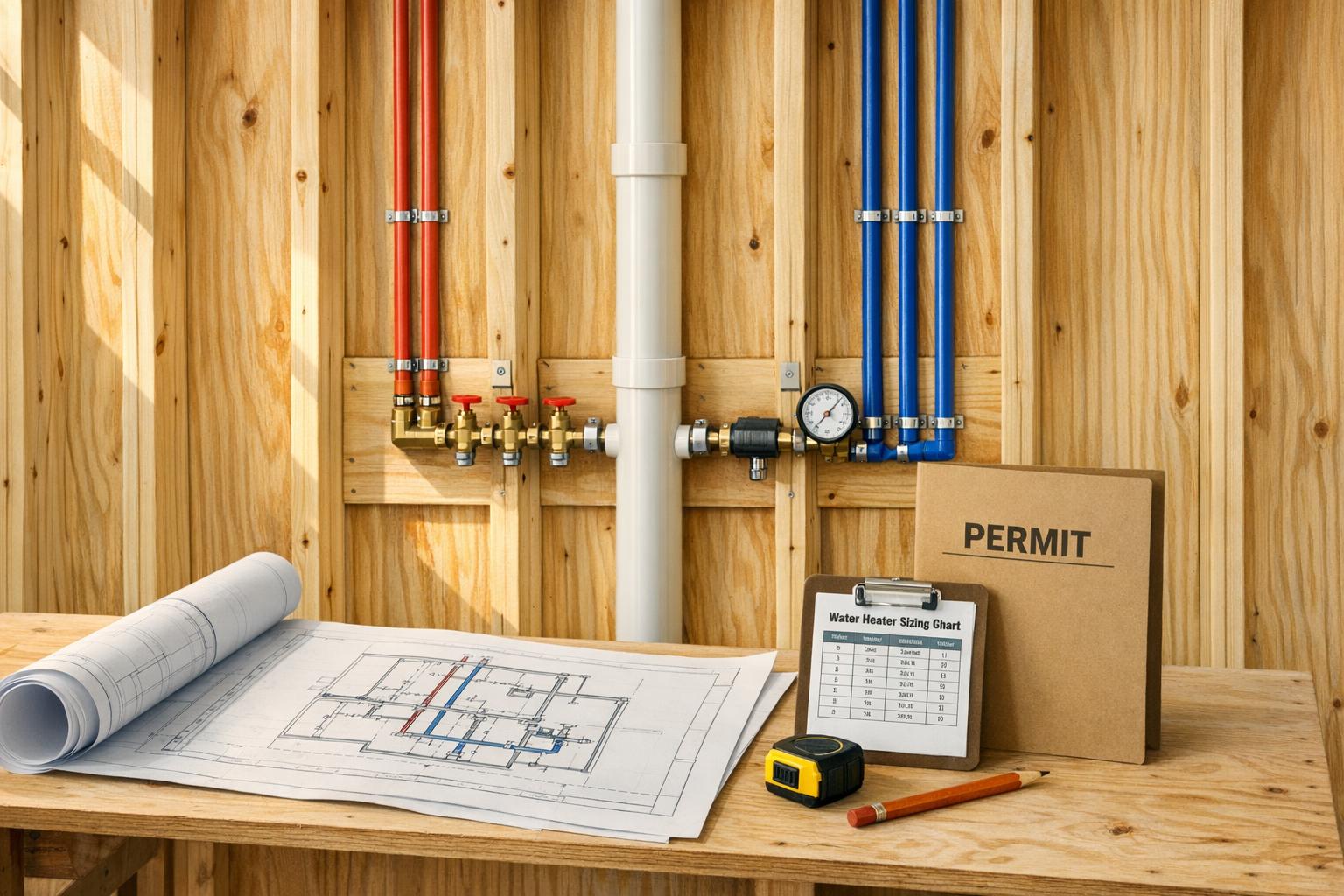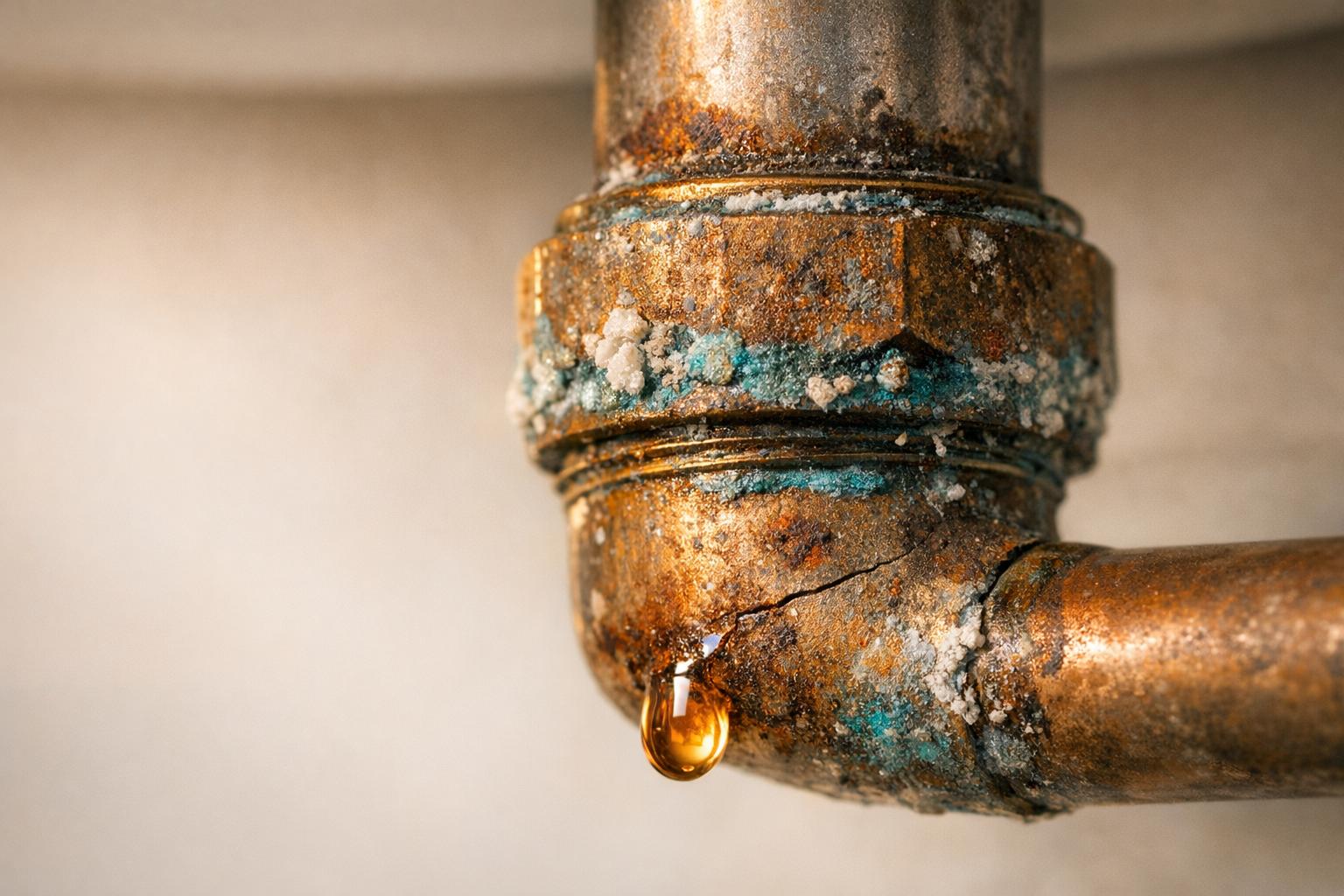Tankless water heaters have become quite popular in the recent past. This is because they offer a number of advantages over traditional tank heaters. If you are considering installing a new water heater, then you should definitely consider going tankless.
Getting hot water on demand is one of the main advantages of tankless water heaters. This is because they only heat water when you need it. Traditional tank heaters, on the other hand, store hot water in a tank and this can result in wasted energy as the water cools down.
Another advantage of tankless water heaters is that they tend to be smaller and more compact than traditional tank heaters. This means that they take up less space, which can be beneficial if you have a small home or apartment.
What Are Tankless Water Heaters?
Tankless water heaters are designed to provide hot water on demand. They do not store hot water in a tank like traditional water heaters. Instead, they use a heating element to heat water as it passes through the unit.
This means that you will never run out of hot water. Since the water is only heated when you need it, tankless water heaters are also very energy efficient. This can save you money on your energy bills each month.
Types of Tankless Water Heaters
There are two main types of tankless water heaters: point-of-use (POU) and whole-house (WHO).
POU units are small and can be installed under a sink or in a closet. They are designed to provide hot water for one specific fixture, such as a sink or shower.
WHO units are larger and must be installed near the main water line coming into your home. They are designed to provide hot water for your entire home.
How Tankless Water Heaters Work
Tankless water heaters work by using a heating element to heat water as it passes through the unit. The water is not stored in the unit. This means that you will never run out of hot water.
To use a tankless water heater, you simply turn on the hot water at your sink or shower. The water is then heated as it passes through the unit and comes out hot.
Tankless water heaters are very energy efficient because they only heat water when you need it. Traditional tank water heaters store hot water in a tank, which can result in wasted energy as the water cools down.
The Benefits of Tankless Water Heaters
There are quite a number of benefits that these modern water heaters offer, some of them include:
Energy Efficient
Tankless water heaters are very energy efficient. They only heat water when you need it, which can save you money on your energy bills each month.
Unlimited Hot Water
Another great benefit of tankless water heaters is that they provide an unlimited supply of hot water. This means that you will never have to take a cold shower again!
Space Saving
Tankless water heaters are also very compact. They take up less space than traditional tank water heaters, which can be beneficial if you have a small home or apartment.
Longer Lifespan
Tankless water heaters also tend to have a longer lifespan than traditional tank water heaters. This means that you won’t have to replace your water heater as often.
What Are the Disadvantages of Tankless Water Heaters?
There are a few disadvantages of tankless water heaters, but they are not enough to outweigh the many benefits.
Higher Initial Cost
One of the main disadvantages is that tankless water heaters tend to be more expensive than traditional tank water heaters. This is because they are more complex and require special installation.
However, the higher initial cost will be offset by the lower energy bills and longer lifespan of a tankless water heater.
Flow Rate
Another disadvantage of tankless water heaters is that they have a maximum flow rate. This means that they can only provide a certain amount of hot water at one time.
For example, if you are taking a shower and someone else is using the dishwasher, you may not have enough hot water.
This is not a big problem for most people, but it is something to keep in mind.
Wrapping Up
Seeing that the future of water heaters is tankless water heaters, you should consider installing one in your home. They are more energy efficient and have a number of other benefits that make them worth the higher initial cost.








